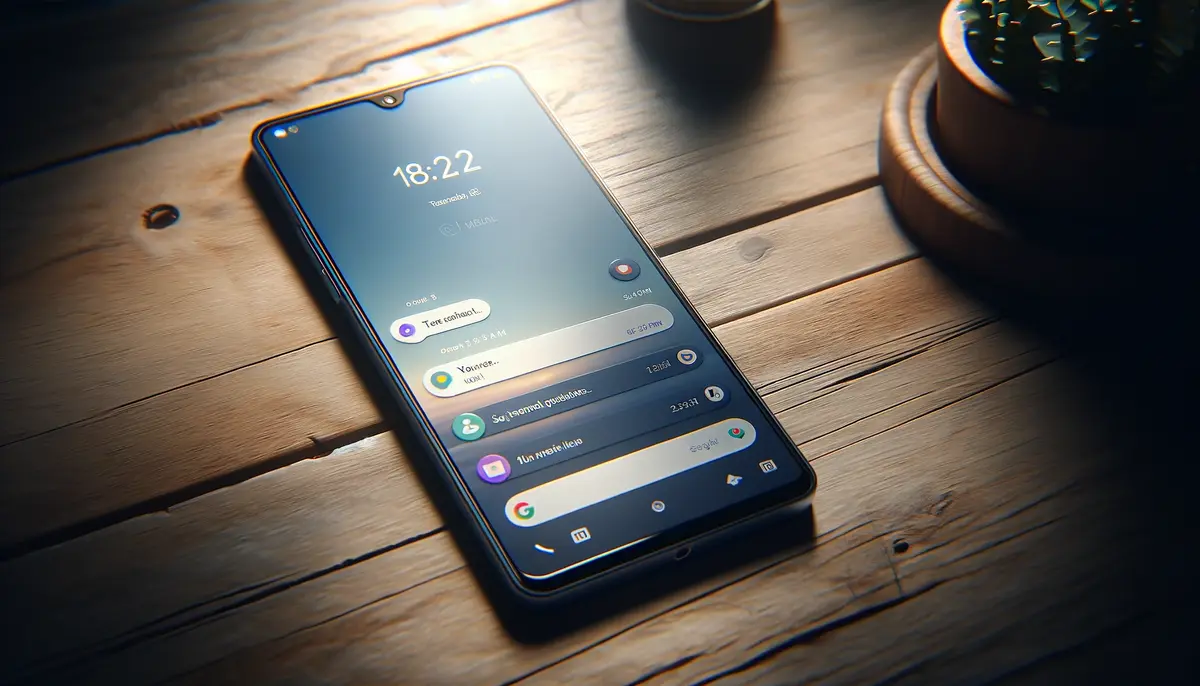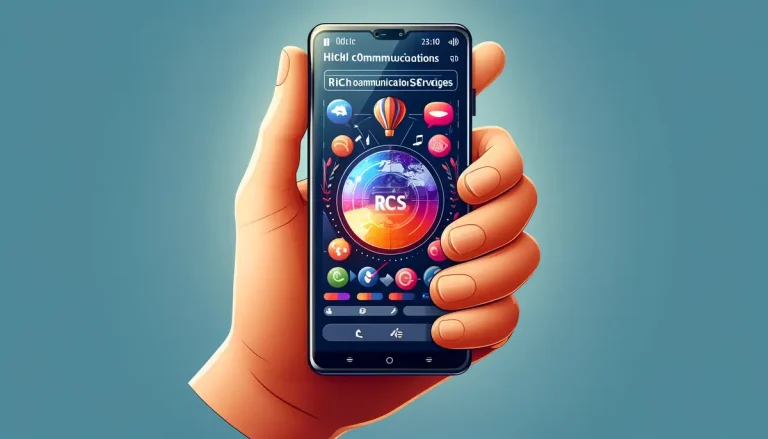Alright, let’s get real—if bulk SMS isn’t on your 2025 radar, you’re handing your rivals a freebie. I’m not here to sell you some gimmicky trend. Bulk SMS—blasting out sharp, targeted texts to a crowd—is a tried-and-true champ. With folks practically living on their phones and 98% of texts getting read, this isn’t a maybe; it’s a must.
I’ve run into plenty of people who brush it off, figuring it’s either old news or too pushy. Nah. It’s direct, it’s personal, and it lands results faster than you can blink. I’m breaking down why bulk SMS is your ticket to winning in 2025, with solid proof and tips you can use tomorrow. Stick around—you’ll thank me.
What’s the Big Deal With Bulk SMS?
Imagine this: you send something, and 98% of people see it, usually right away. That’s bulk SMS in a nutshell. Textmagic’s got the receipts—98% open rates, while email’s stuck at 30% if it’s having a good day. Why? Texts feel like a tap on the shoulder, not another ad to swipe past. People can’t resist.
In 2025, moving quick is everything. Got a hot deal or a deadline to push? Bulk SMS hits like lightning—90% of texts get eyes on them in three minutes flat, says 160.com.au. I tipped off a buddy running a food truck to text a “lunch special” alert—sales popped 30% that day. That’s what fast can do.
Here’s where it gets juicy: bulk SMS is cheap and brings in serious cash. Clickatell’s numbers say $71 back for every dollar you drop. If you’re running a tight ship—like a small shop or a hustle—that’s a lifeline. No big budget needed, just a list and a good hook. It’s a steal.
Bulk doesn’t mean robotic. With tools like Textmagic, you can sneak in a name or a detail—“Hey Sam, your deal’s up tonight!”—and it feels like a one-on-one chat. Edna.io says that kind of touch lifts engagement by 32%. It’s how you make a blast feel like a bond.
Why 2025 Is the Sweet Spot for SMS
Mobile’s not fading—it’s ruling. LinkedIn’s got it pegged at over 5 billion people on mobile networks by 2025. Your crowd’s not just checking their phones; they’re glued to ’em. Bulk SMS slides right in, no Wi-Fi required. It’s where they’re at.
People are over drowning in emails or scrolling forever. They want brands to cut through—75% are down with texts if they’re worth reading, per 160.com.au. By 2025, that’s not a fluke; it’s what they demand. SMS delivers, no fluff.
Nervous about legal headaches? Don’t be. By 2025, stuff like TCPA and GDPR is old hat—just get a nod, toss in an “out,” and you’re good. Textmagic handles the nitty-gritty. It’s smooth sailing.
How to Make Bulk SMS Work for You?
Skip the shady number grabs—grow it yourself. Throw up a sign-up box, nudge folks in line, or try a “Text YES to 55555” trick. Edna.io says opt-ins bite 50% harder. Takes a minute, but it pays.
You’ve got 160 characters—don’t blow it. Start with your name (“Hey, it’s BrewCo”), drop a zinger (“20% off now”), and push ’em to move (“Text YEAH to snag it”). Textmagic says a nudge like that ups replies by 20%. Keep it short and spicy.
Send between 10 a.m. and 8 p.m.—too early or late, and they’re out. For online sales, hit cart droppers 30 minutes later; 15% come back, says 160.com.au. Mess with it till it fits.
SMS plays nice with others. Pair it with an email or a social post—like texting a teaser, then emailing the rest. Clickatell says that mix lifts sales by 24%. It’s about rhythm, not overload.
Knocking Down the Excuses
Only if you’re sloppy. Send something they want—deals, updates—and they’re happy. A guy I know texted delivery times for his bakery; folks ate it up. It’s about value, not noise.
Not even. Pennies per text, cheaper in bulk. With an ROI that high, it’s a bargain next to ads that flop.
No problem. Platforms like Clickatell roll with 50 or 50,000. Automation keeps it chill as you grow.
Your 2025 SMS Plan
Bulk SMS isn’t a “maybe” for 2025—it’s your ace. Wild open rates, instant hits, and ROI that sings? You’d be nuts to skip it. Start small: grab a tool, send a test, and watch it roll. I’ve seen it spark magic plenty of times—your shot’s here.
So, what’s next? Pick a platform, write something snappy, and hit go. Don’t overthink it—dive in. The proof’s there, the moment’s now, and your crowd’s waiting. Make 2025 your year to shine.
FAQ
How Do I Start?
Get a service like Textmagic, set it up, and chase opt-ins. Fire off a quick deal—see the vibe, then build.
Legal in 2025?
Yeah—just get a yes and a “STOP” option. Tools keep it simple.
When’s the Best Send Time?
10 a.m.–8 p.m. their time. Tinker to nail it.
Small Budget Friendly?
You bet. Cheap as chips—$0.01-$0.05 each—and the return’s massive.








